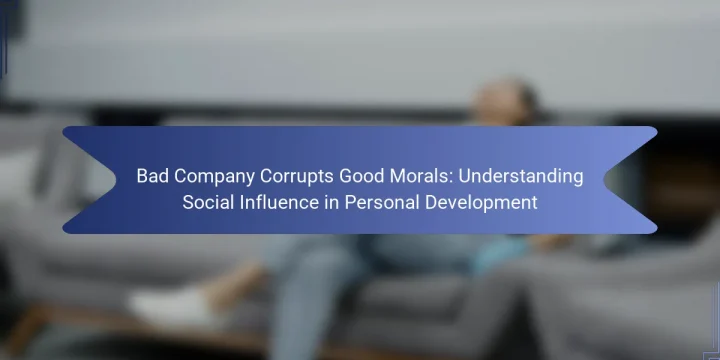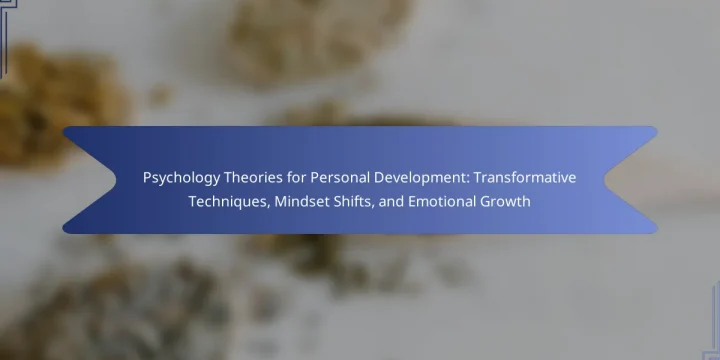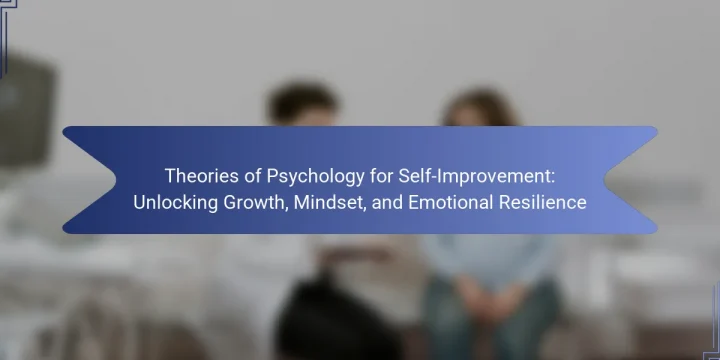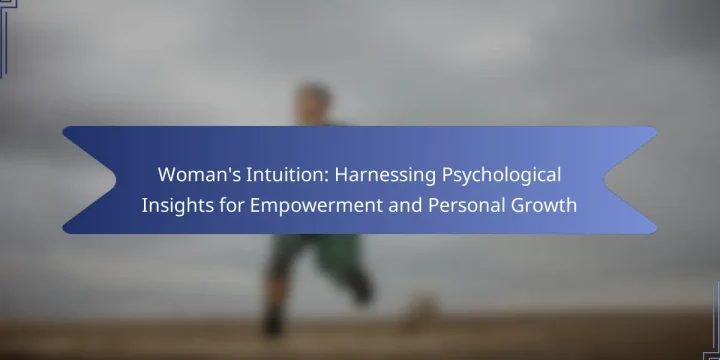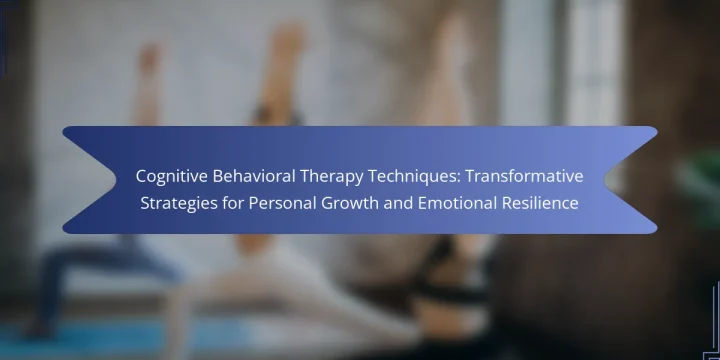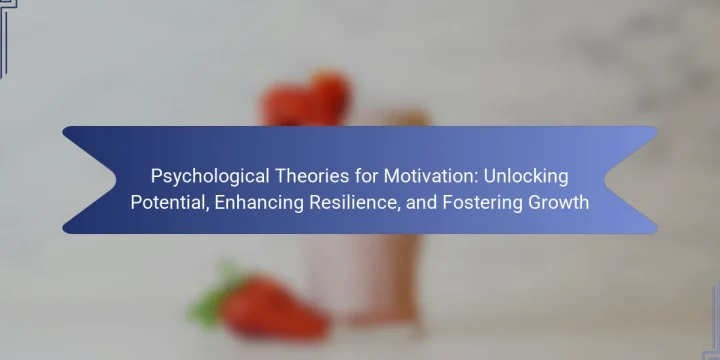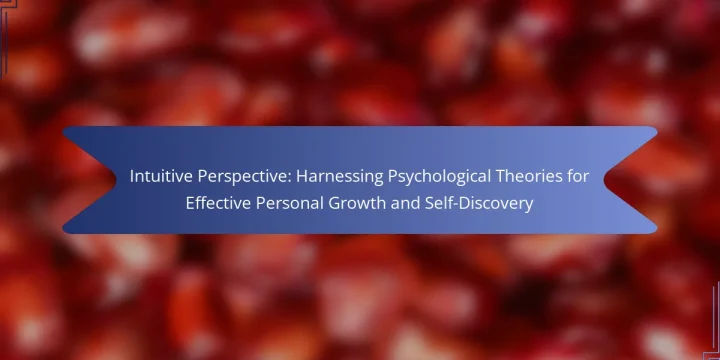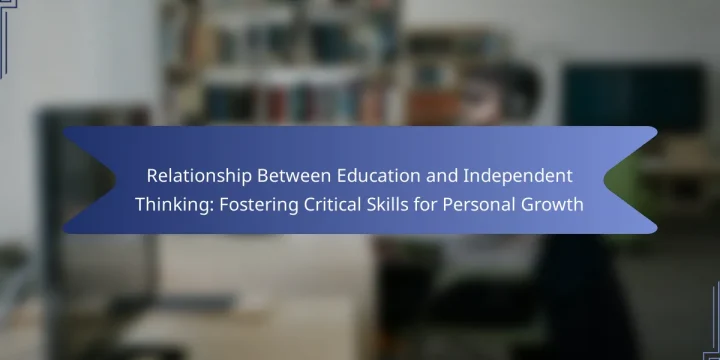
Education plays a crucial role in fostering independent thinking, which is essential for personal growth. It enhances critical skills like creativity, problem-solving, and effective communication. This article explores how effective education systems promote independent thought, the unique approaches that encourage critical analysis, and the challenges faced in cultivating these skills. Additionally, it discusses strategies for creating supportive learning environments that nurture independent thinkers. How does education influence independent thinking? Education significantly enhances independent thinking by cultivating critical skills essential for personal growth. It encourages learners to analyse information, question assumptions, and develop their own perspectives. Research indicates that students exposed to inquiry-based learning demonstrate greater creativity and problem-solving abilities. Such educational approaches foster a mindset that values exploration and self-reflection, ultimately leading to more autonomous decision-making. Additionally, education provides the…
